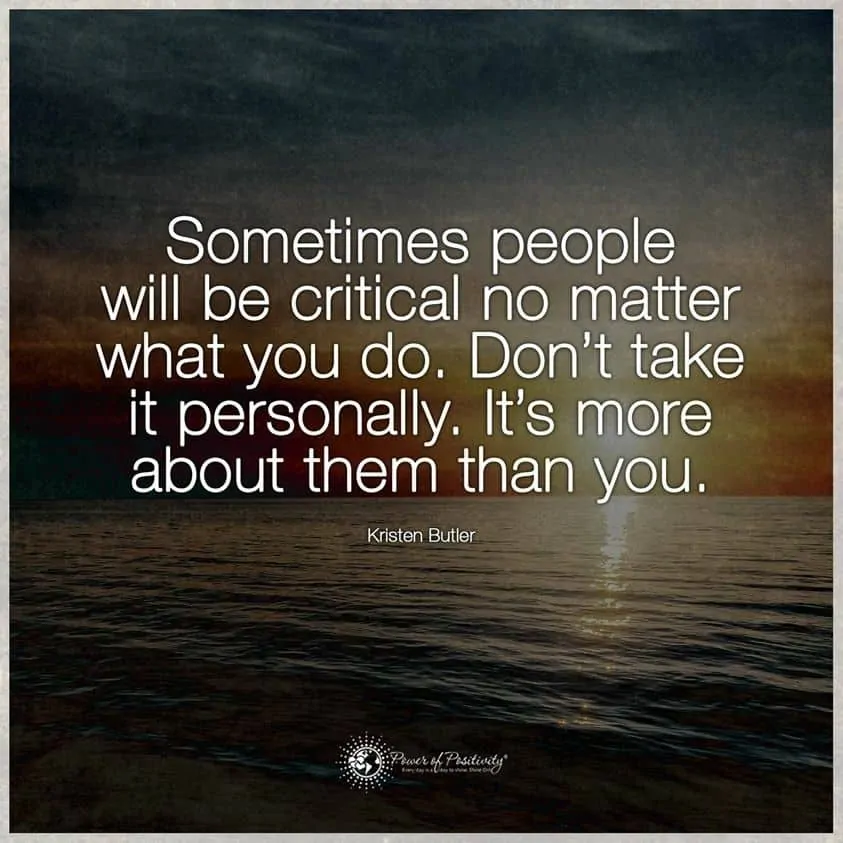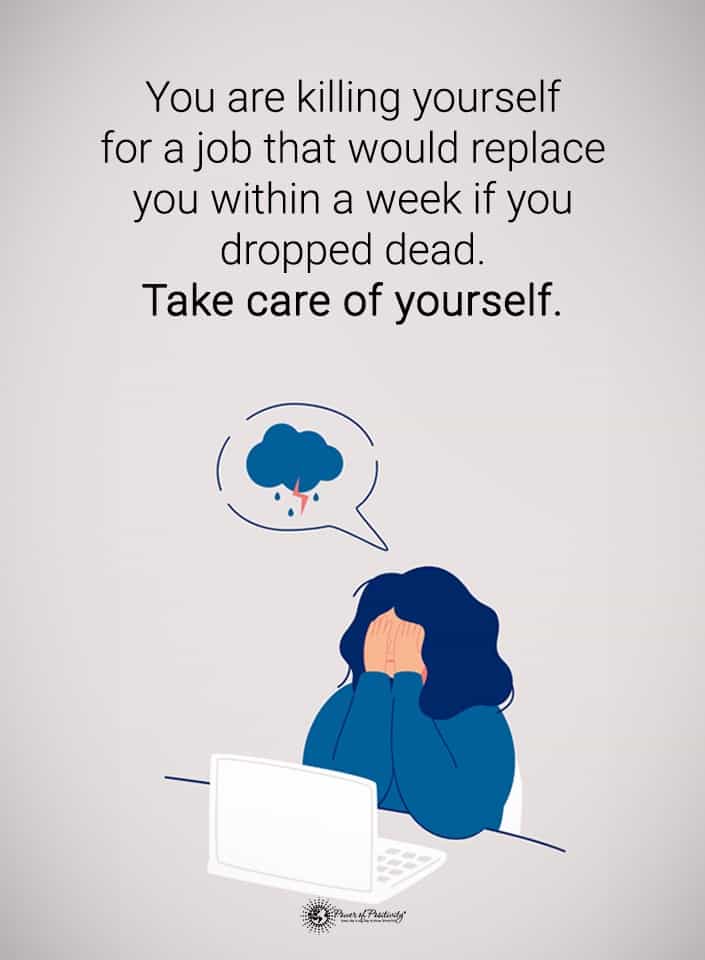In today’s fast-paced world, employee burnout affects millions of people worldwide each year. According to the Harvard Business Review, employers spend around $190 billion annually on employee burnout related healthcare costs. Combined with lost productivity and job turnover, workplace stress costs the U.S. economy around $500 billion a year.
Lost productivity due to employee burnout amounts to about 550 million workdays.
Even before the pandemic, millions of people experienced work-related stress, but the current situation adds more fuel to the fire. A survey from FlexJobs and Mental Health America reported that 75% of Americans experienced burnout this year. 40% of them said that the pandemic directly caused their feelings of work-related exhaustion. Parents juggling working from home plus helping their kids with their online schooling may explain the burnout epidemic.
Working from home means no clear distinction between work and home, and many people find themselves working longer hours. With the added stress of not seeing friends and coworkers, people worldwide are starting to reach their limit.
A few months into the pandemic, an engineering director at Eventbrite Inc, Nick Popoff, spoke up in a Zoom meeting. He shared that he felt burned out and exhausted, even though he took nature walks to recharge. Other than that, he often didn’t leave home and missed seeing his friends and colleagues. After he spoke up, other coworkers came forward and expressed their concerns.
How companies are helping employees adjust to the “new normal.”

“Sometimes people will be critical no matter what you do. Don’t take it personally. It’s more about them than you.” – Kristen Butler (click here to tweet)
So, Nick decided to create “recognizing burnout” sessions for other employees, so they had a platform to voice their feelings. Mental health professionals also chimed in with ways to cope during these uncertain, stressful times. Besides offering more mental health services, employers have also suggested employees disconnect from technology for periods of time. Some companies have begun expanding training for managers on how to safely and effectively get their employees through the pandemic.
Bosses all over the world hope these measures will help their remote employees feel less depressed and fed up. Many people have been struggling with their mental health due to the isolation and lack of separation between work and home life. However, simply reaching out to employees during this time could make a world of difference. In fact, Antonio Neri, chief executive at Hewlett Packard Enterprise Co., suggested that managers call employees personally to check on them.
Eventbrite
Eventbrite’s HR officer David Hanrahan believes this approach will bolster employee’s mental health as well. The company recently had a training session on how supervisors can better empathize with employees who work remotely. During one-on-one sessions with employees, managers have been told to ask, “How are you really, really doing?” This opens the conversation and allows the employee to express their true feelings before moving on to business.
Other tactics managers have employed during the pandemic include issuing “good news Friday” memos. CEO Dean Allen at engineering and construction company McKinstry Co. LLC had this idea to boost his company’s morale. He sends out a list of good things that happened during the week, so employees get a break from depressing news. This could include things like feedback from a pleased customer or details about new clients.
While all of these approaches have their benefits, employees may still feel overwhelmed with their workload. Employee burnout happens when people feel they have too much on their plate and don’t see an end in sight. People in many industries experience this feeling, and unfortunately, the pandemic has only exacerbated this underlying problem.
One company tries a shorter workweek to combat employee burnout.
However, one company decided to try out a pilot program to choose to work 30 hour weeks. At Fidelity Investments, a small portion of the workforce will have this option and keep their full benefits. While these employees will have a small pay cut, the company hopes the reduced stress will make it worthwhile. Fidelity will hire more employees to pick up the slack so that current workers don’t become overwhelmed.
Head of HR at the company, Bill Ackerman, says employers need to adjust to their workforce’s needs. In particular, they should focus on expanding access to child-care coordinators and subsidies since many parents have to homeschool now, he says.
Other bosses have been taking extra steps to get remote employees off their laptops as the line between work and home grows fuzzy. For example, public relations firm Geben Communications started offering employees extra self-care days off in the past few months. This encourages employees to disconnect from technology and enjoy their families or take time for relaxation.
In Austin, Texas, the company Dosh has been surprising employees with impromptu three day weekends. On random Thursdays during meetings, CEO Ryan Wuerch announces that the next day will be a “Dosh Day,” or a day off work. He hopes this will encourage his employees to disconnect from the online world for a while.
Managers say that the stress from the pandemic means employees need extra support. Regularly checking in and monitoring their logged work hours will help them avoid employee burnout. Eventbrite’s Mr. Popoff pays close attention to any employees who work after hours and follows up with them the next day. He makes sure to remind them that they don’t need to work any longer than normal.

You are killing yourself for a job that would replace you within a week if you dropped dead. Take care of yourself. (click here to tweet)
Final thoughts on combatting employee burnout
In summary, here are specific steps employers can take to reduce employee burnout:
- Suggest that employees take time off. Offering extra self-care days or encouraging staff to end work a few hours earlier are helpful ideas.
- Offer expanded mental health and counseling, if necessary. Some employers have utilized online counseling apps or hired coordinators so employees can better access therapists.
- Ask managers to check in regularly with employees. For example, some managers have started calling or video chatting one-on-one with employees for mental health support.
- Train managers on how to oversee a team with empathy. During these times, many employees need extra guidance and support. Training managers on how to respond to these unprecedented times is necessary.
- Let employees share their real feelings if they need to. Having special meetings specifically for mental health support can help employees get through these challenging times.

















